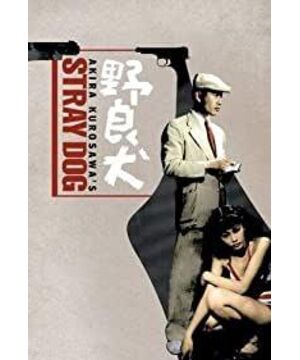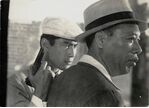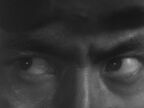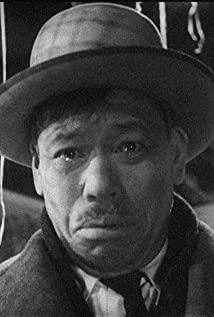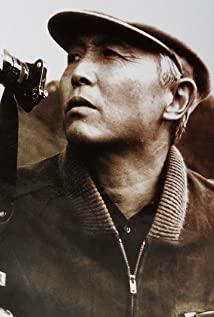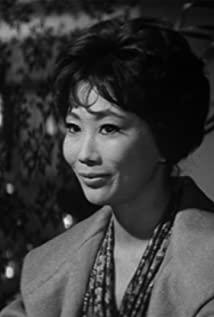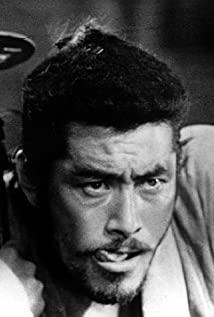The film as a whole is a combination of a montage technique and a spiritual connotation similar to Italian neo-realism, in order to reflect the post-war sentiments of Japan through gun-hunting. Montage means that on the one hand, there are a lot of montage techniques in his films. On the other hand, the combination of paragraphs and the relationship between music and pictures also emphasize the final opposite effect, which finally presents a montage-like effect. This witty contrast between good and evil is also part of Japanese culture. . . It's extreme. On the other hand, the background of the social figures and the background of the people displayed is very neo-realistic. In fact, it is a kind of humanitarian concern. This really reflects why the director is a famous director. It is not only the "beauty" of art that is well expressed. The combination of the "truth" of his cognition activities and the "goodness" of the core value of practical activities (achieved by denying the rhetoric of complaining about the times) reflects the director's rich human concern. Really good.
In short, on the whole, no matter as a commercial film, it is a very compact and thrilling success with a smooth and reasonable story. Or as an art film, on the exploration of nationalization. It is good to make full use of foreign techniques to explore domestic films and reflect domestic content. This is also quite worthwhile for today's directors to learn. Also, I don't think this kind of nationalization is a good way, I personally prefer Fei Mu-style.
In addition, some people lamented that "there are no bad people, only bad environments". This point of view is obviously to "return the soul" of the Japanese spirit after the war. Although I have done a lot of bad things, I also know that I have done a lot of bad things, but don't blame me, blame the environment. In this way, the nation is put on the coat of "moral sense" again. The director has criticized it, and some of you should not go back to the soul yourself. Remember the distinction between primary and secondary contradictions.
After watching the movie, I plan to talk about it casually. Talk about comforting movie-watching time.
View more about Stray Dog reviews


